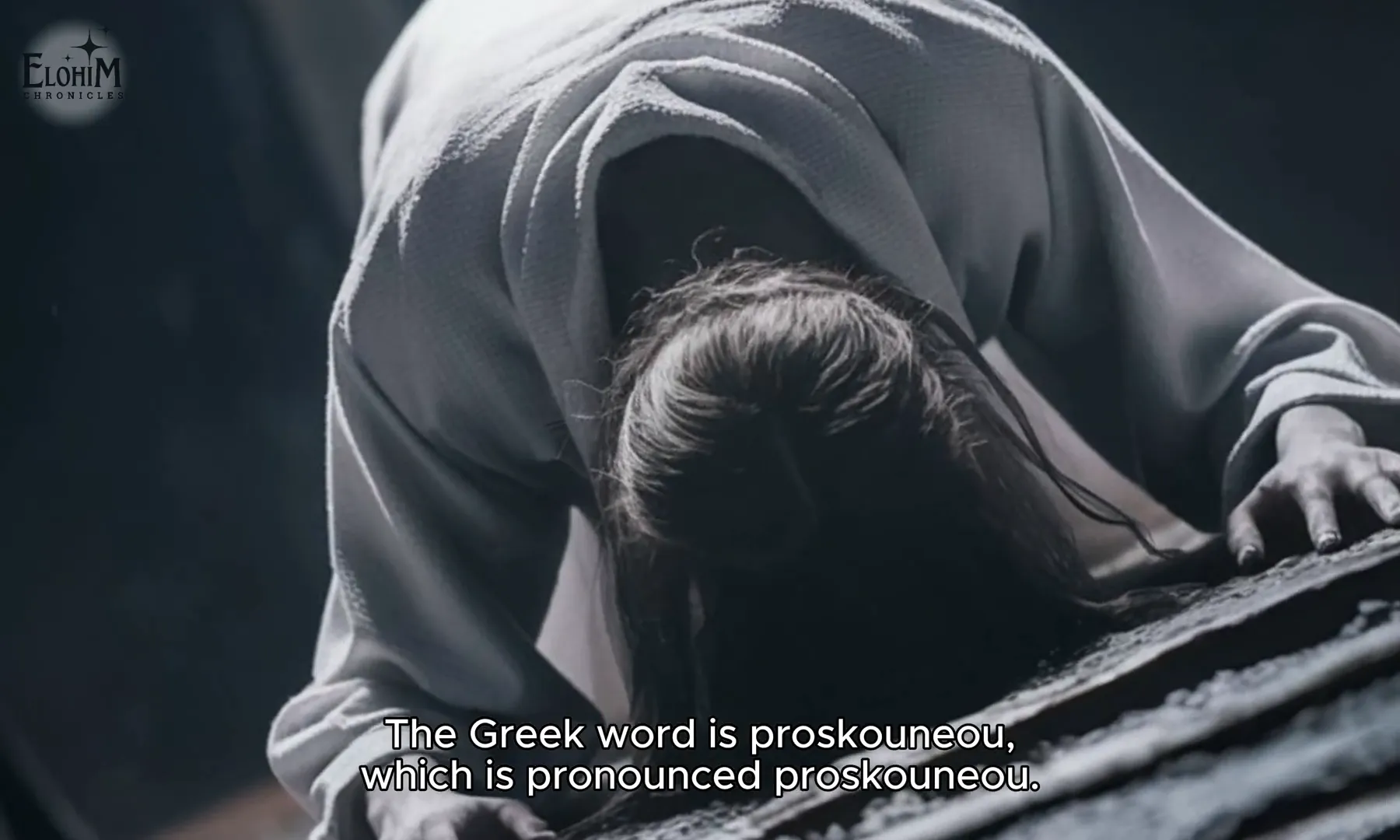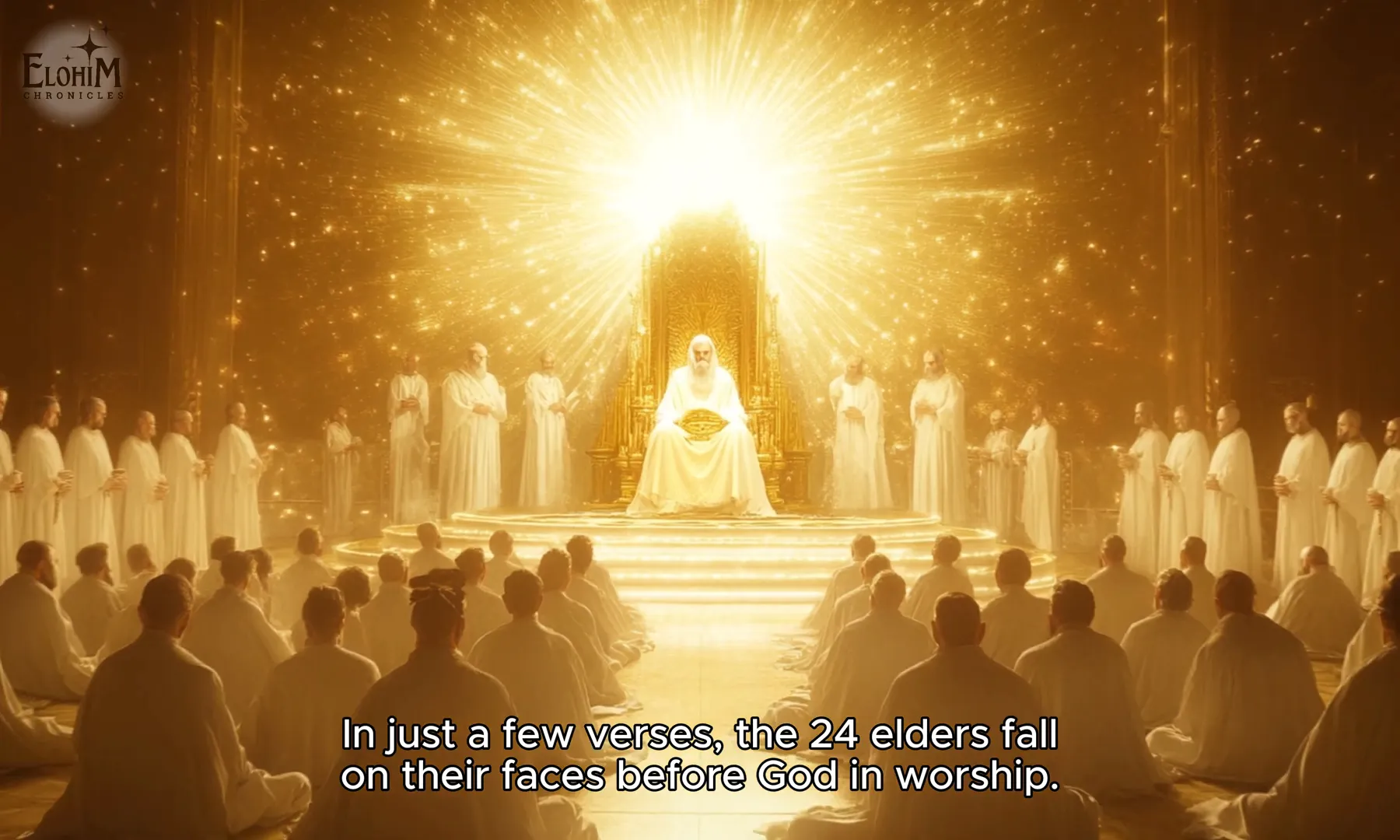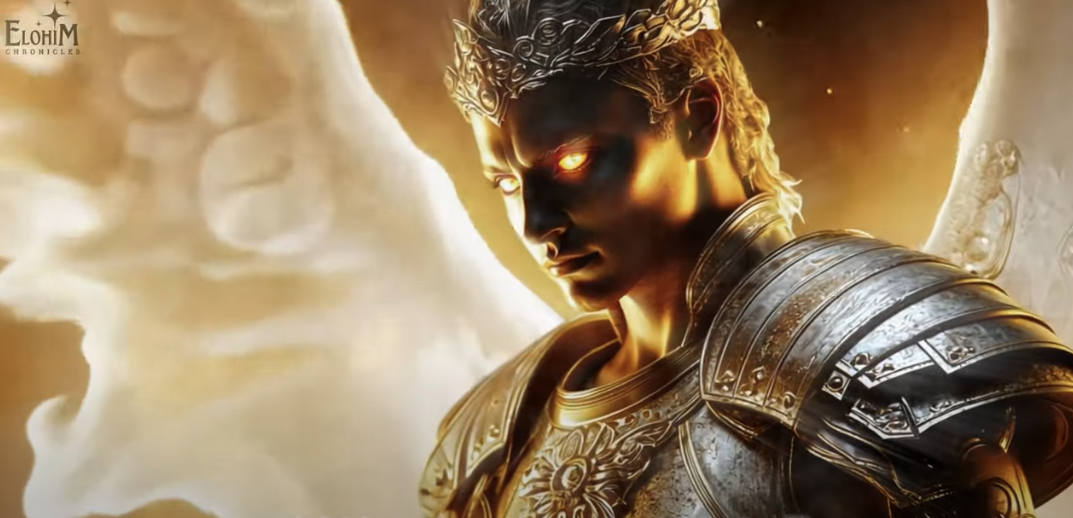When you open the Book of Revelation, what do you envision? For many, it conjures images of monstrous beasts, a vicious Antichrist, and a world engulfed in violence and destruction. This perception often paints the final book of the Bible as a doomsday prophecy, filled with dread and despair. However, is this truly the essence of Revelation? Or is there a deeper, more uplifting message waiting to be uncovered? In this exploration, we aim to shift the focus from fear to understanding, revealing the true purpose and theme of this sacred text.
Understanding the Apocalypse
The term “apocalypse” often evokes thoughts of catastrophic events and the end of the world. The Greek word used in Revelation, “apocalypsis,” translates to “disclosing truth” or “making known what was hidden.” This suggests that Revelation is not merely about destruction; rather, it is about unveiling the truths of God and His plans for humanity. John, the author of Revelation, emphasizes that those who read and take to heart these prophecies will be blessed (Revelation 1:3). This perspective invites readers to approach the text with hope and anticipation rather than fear.
The Central Theme: Worship
As we delve deeper, it becomes evident that the Book of Revelation centers around the theme of worship. The word “worship” appears 22 times throughout its pages, highlighting its significance. In comparison, Matthew only uses the term 13 times, and no other New Testament book surpasses seven occurrences. This emphasis on worship underscores that Revelation serves as a manual for how believers should engage with God. It reveals the two ultimate objects of worship: Jesus Christ and Satan, emphasizing that we cannot serve both.
The Nature of True Worship
The Greek word for worship used in Revelation is “proskuneo,” which means to bow down or kiss the hand of someone in reverence. This definition challenges the common perception of worship as merely singing or participating in church activities. True worship is a lifestyle characterized by absolute reverence, respect, and obedience to the Lord Jesus Christ. It is an act of surrender that demands humility and recognition of God’s sovereignty.

The Battle for Worship
Revelation reveals that Satan desires worship just as much as God does. His ultimate goal is to supplant God by diverting the worship that belongs solely to the Almighty. This is evident in the temptation of Jesus, where Satan offered Him the kingdoms of the world in exchange for worship (Matthew 4:9). However, Satan is not solely interested in creating a world of devil worshippers; he is satisfied when individuals prioritize anything above their devotion to God. This includes good things that distract from the ultimate priority of worshiping Jesus.
Repentance and Renewal
Recognizing the subtle ways in which we may offer worship to false idols is crucial. The Holy Spirit calls believers to repentance, urging them to identify and dismantle unholy priorities in their lives. As we read through Revelation, we should be attuned to the frequent acts of worship depicted within its pages. How often do we see individuals falling at the feet of Jesus in reverence? This practice is not just a formality; it reflects the heart’s position before a holy God.

Experiencing God’s Holiness
Revelation paints a vivid picture of God’s holiness, which is a defining characteristic of His nature. The living creatures surrounding God’s throne proclaim, “Holy, holy, holy is the Lord God Almighty” (Revelation 4:8). This repetition emphasizes the importance of God’s holiness and serves as a reminder that He alone is worthy of worship. By neglecting this attribute, we risk losing sight of who God truly is. The worship manual in Revelation brings this attribute to the forefront, encouraging believers to approach God with awe and reverence.
The Eternal Nature of God
Furthermore, Revelation assures us of God’s eternal nature—He is unchanging and everlasting. The confidence we can have in God stems from His unshakeable character. As we witness the 24 elders falling before Him in worship, praising Him for His worthiness as Creator, we are reminded of our place in the grand narrative of God’s creation and redemption.

A Glimpse of the Multitude
One of the most beautiful scenes in Revelation occurs in chapter 7, where John sees a multitude from every nation, tribe, people, and language standing before the throne and the Lamb. This moment signifies the fulfillment of God’s promise to redeem humanity from every corner of the earth. The act of falling down in worship reflects the appropriate response to encountering God’s glory. The sheer number of worshippers before the throne far exceeds those who follow the Beast or the Antichrist, affirming that God’s followers will ultimately prevail.
Conclusion: Fix Your Eyes on Jesus
In conclusion, the Book of Revelation is not merely a collection of ominous prophecies; it is a profound revelation of God’s redemptive plan and the ultimate call to worship. As we navigate its pages, let us focus on the true object of our worship—Jesus Christ. Instead of allowing fear to dictate our understanding of the future, we can embrace the hope that comes from knowing the end of the story: God wins. By centering our hearts on worship, we align ourselves with the eternal truth of who God is.
If you have gained insights from this exploration, feel free to share your thoughts and experiences. For more discussions on the mysteries of faith and divine inspiration, consider subscribing to the Elohim Chronicles channel.



